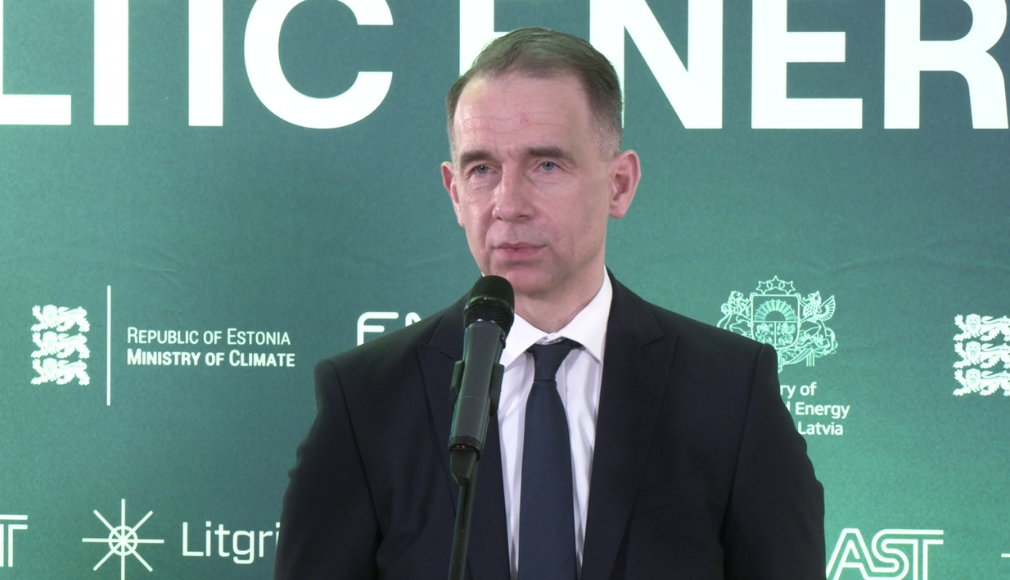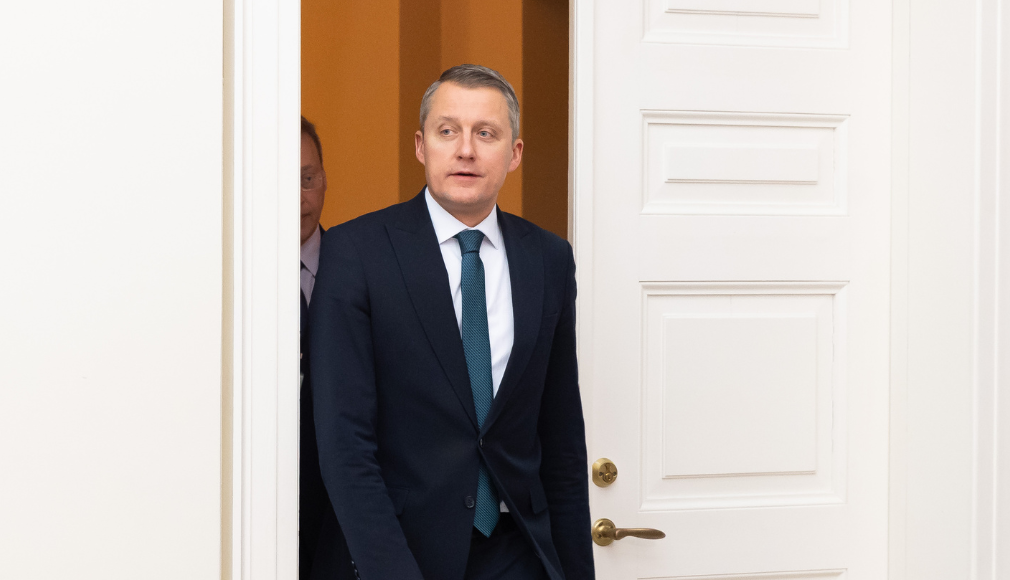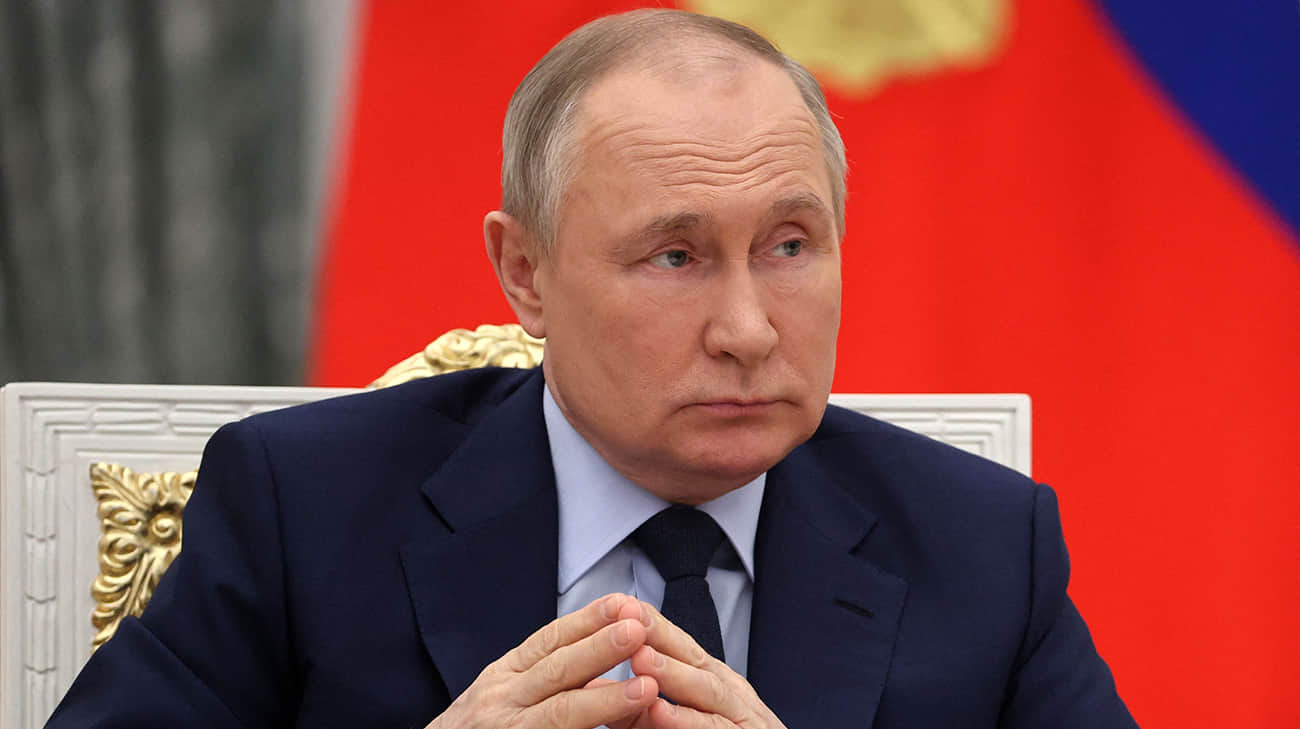The Treaty of Gas Transit to Kaliningrad ends: What will Lithuania decide?

On February 9, Lithuania, along with other Baltic countries, joined Western electricity networks, became energy independent, but there are still links with Russia.
« The Kaliningrad region will continue to develop, so electricity will require more, » he said earlier.
Two gas pipes from Belarus to Kaliningrad through Lithuania from Belarus.
« What we have inherited from earlier times, » said Marius Česnulevičius, the presidential adviser to national security.
When they were disconnected from Bell, they became even more important to the Russians as Kaliningrad became an energy island. This means that electricity must be provided by itself.
« They have more production capacity than they need, » Rokas Masiulis said earlier.
LNK stop shot.
Electrical is produced in gas power plants, which means that the need for gas is increased. Although Kaliningrad has an unexpected case and has a liquefied gas terminal, it is much cheaper to supply gas by pipes.
« And the gas systems were doing tests, they were about to be preparing for it, there were not many of the attempts made lately, » Mindaugas Keizer said.
Amber Grid estimates that last year 26 teravatthews were transported through the territory of Lithuania to Kaliningrad. It is much to compare, much larger Lithuania consumed 17 teravatt hours last year.
Russia pays millions of euros to supply Kaliningrad for gas to Kaliningrad every year.
“You should check, but it is up to $ 20 million. Energy Minister Žygimantas Vaičiūnas said.
Photo by D. Labutis/ELTA
Immediately after the synchronization, there were those who were now on the Lithuanian side.
« When it comes to any pressure, it must be realized that the escalation of such relationships is not really useful to us as a country, » said Prime Minister Gintautas Paluckas.
The gas transit contract was signed for a decade. Its validity ends at the end of the year. As next, the State Defense Council discussed.
“There is currently a contract that is acting, transit is ongoing. After that, of course, there will be options for its extension, ”said the Minister of Energy.
« What are the possible conditions for the new contract, how we reconcile all that subject to a civilized manner, » said M. Česnulevičius.
Whether it would be consumed not to extend it at all, according to the Minister of Energy, to talk too early. In addition, Lithuania cannot decide independently what will be supplied or transported through its territory.
Full LNK Report – In Video:
“This issue is not only about Lithuania and the Kaliningrad region, but it is also important to the European Union. EU institutions will have to participate in that process, ”the Minister of Energy emphasized.
« If the whole Europe decides itself that such gas transit does not need to be secured, » Paluck said.
As Lithuania joined the European Union, the Community ensured that the transit of passengers and goods through the territory of Lithuania would not stop.
Not only the Kaliningrad transit, but also the Russian suppressed GPS signals are on the table of the State Defense Council. They have been misleading planes in Lithuania for some time.
« Some aircraft pilots are even forcing them to turn around and do not fly to the airport in Lithuania, » explained M. Česnulevičius.
It is true that the Presidency explains that Russia did not turn its actions against Lithuania specifically.
« Russia, while protecting its objects, is taking these measures to prevent drones and missiles from destroying their territory and as a means of side effects are the disturbances that our civilian aviation experiences, » – emphasized M. Česnulevičius.
GPS disturbances make work difficult not only for Lithuania but also for Poland and other Baltic countries. It is true that the Defense Council emphasizes that the country's security situation is currently stable and no new threats are recorded.









